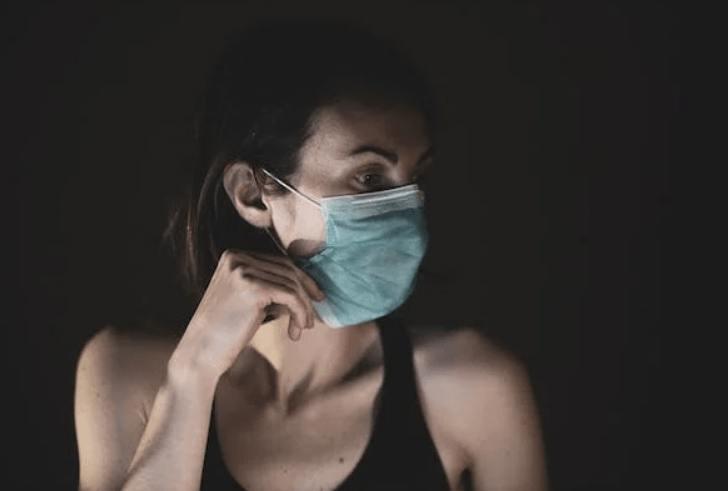Seeking treatment center options with your partner can be an essential and supportive process. Here’s a step-by-step guide to help you through this:
Initiate an Open Conversation: Begin by having an open and honest conversation with your partner about their need for treatment. Express your concerns, love, and support for their well-being. Make sure to approach the conversation with empathy and understanding.
Research Together: Start researching treatment options together. Look for reputable treatment centers that specialize in your partner’s specific needs, whether it’s substance abuse, mental health, or any other relevant issue. The internet is a good starting point, but don’t hesitate to ask for recommendations from healthcare professionals or support groups.
Evaluate Treatment Center Credibility: Verify the credibility of the treatment centers you find. Check for licenses, certifications, and accreditation from relevant authorities or organizations. Read reviews and testimonials from former patients if available.
Determine Budget and Insurance Coverage: Treatment can be expensive, so it’s crucial to determine your budget and whether your partner’s health insurance covers any aspects of the treatment. Contact the insurance company to get a clear understanding of their coverage and limitations.
Consider Location: Decide on the preferred location for the treatment center. Some individuals might benefit from being close to home for family support, while others may find a fresh start in a new environment.
Contact the Treatment Centers: Reach out to the treatment centers you’ve shortlisted. Speak with their admissions staff to gather more information about their programs, approach, duration, facilities, and success rates. Ask any questions you may have.
In-Person Visits (If Possible): Whenever feasible, try to visit the treatment centers in person with your partner. This allows both of you to get a feel for the environment, meet staff members, and see the facilities firsthand.
Review the Treatment Plan: Discuss the treatment plans offered by each center. Look for programs that align with your partner’s needs and preferences. Consider factors such as individual therapy, group therapy, holistic approaches, and aftercare support.
Involve Medical Professionals: If needed, consult with medical professionals, such as therapists, counselors, or doctors, who have been involved in your partner’s treatment. They can offer insights and recommendations based on their knowledge of your partner’s condition.
Decision Making: Weigh the pros and cons of each treatment center with your partner’s input. Consider their comfort level, the effectiveness of the programs, and the overall support the center can provide. Make a joint decision on the best option.
Make Arrangements: Once you’ve selected a treatment center, assist your partner in making all necessary arrangements. This may include admissions paperwork, coordinating travel (if necessary), and ensuring they have essential personal belongings.
Prepare for Transition: Help your partner mentally and emotionally prepare for the treatment journey. Offer your continued support, as it can be a challenging time for them.
Aftercare Plan: Inquire about the treatment center’s aftercare plan. A solid aftercare program is crucial for long-term success. It should include ongoing support, counseling, or therapy once the primary treatment is completed.
Continuous Support: During and after the treatment, be there to support your partner through their recovery process. Attend family therapy sessions if offered by the treatment center. Encourage healthy habits and celebrate milestones in their progress.
Remember, seeking treatment can be a challenging process, but being there for your partner and working together as a team can make a significant difference in their recovery journey.
Orange County Drug & Alcohol Rehab Treatment Centers
However, I can suggest that Orange County, California, is known for having numerous drug and alcohol rehab treatment centers. These facilities offer various programs and services to help individuals struggling with substance abuse and addiction. No any detox center can provide the top detox facilities in Orange County except this.
When searching for rehab treatment centers in Orange County, it’s essential to consider factors such as:
Accreditation: Ensure that the facility is accredited by reputable organizations and follows industry standards for treatment.
Services offered: Look for treatment centers that provide a range of services, such as detoxification, counseling, therapy (individual and group), and aftercare support.
Experience and qualifications of staff: Check the credentials and experience of the medical professionals, therapists, and counselors at the center.
Treatment approaches: Different centers may use various treatment approaches, such as cognitive-behavioral therapy (CBT), 12-step programs, holistic therapies, or dual diagnosis treatment for co-occurring mental health disorders.
Reviews and testimonials: Read reviews and testimonials from former patients to gauge the effectiveness and quality of care provided by the center.
Insurance and payment options: Verify whether the treatment center accepts your insurance or offers other payment options that suit your needs.
Location: Consider the location of the treatment center and whether it’s convenient for you or your loved one.
To find specific drug and alcohol rehab treatment centers in Orange County, I recommend conducting an online search or contacting local health authorities, addiction helplines, or mental health organizations for up-to-date information and recommendations. Additionally, you can consult with a healthcare professional or addiction specialist for guidance in choosing the most appropriate treatment facility based on individual needs.
Also Read – Agrati Bolts: Engineering Excellence for Automotive Applications




